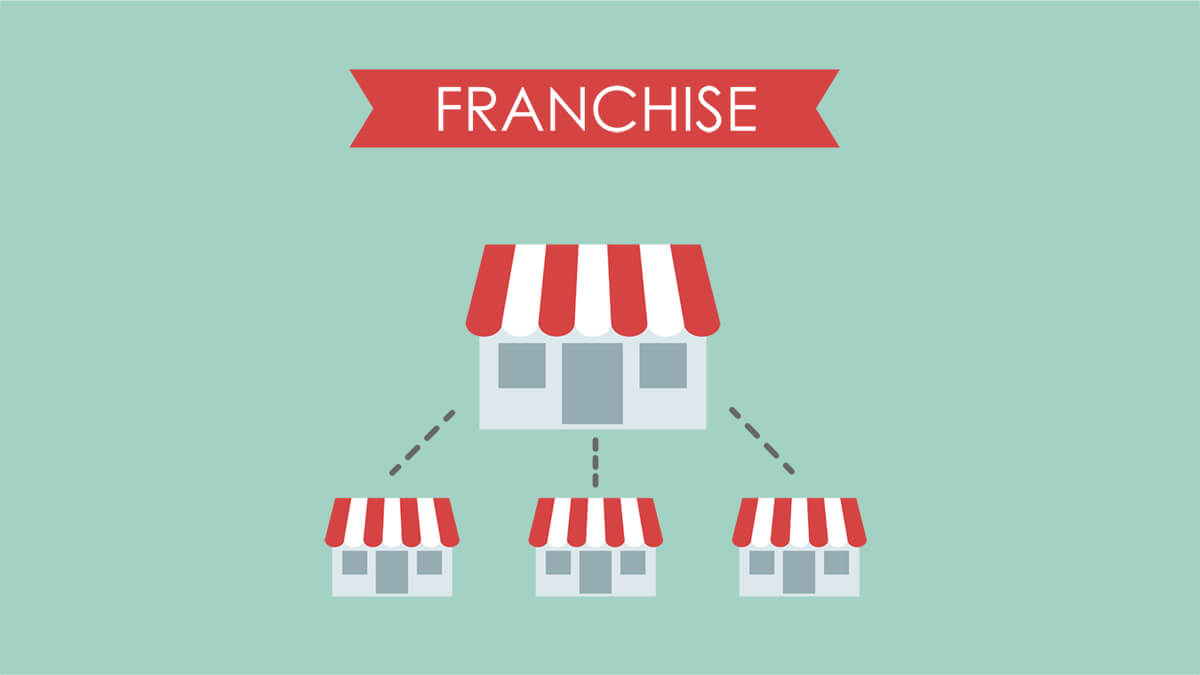
Introduction
Are you an aspiring entrepreneur looking for a business opportunity that offers a proven track record and brand recognition? If so, you might be interested in exploring the world of franchising. In this article, we will delve into the concept of franchising, how it works, the types of franchises available, its advantages and challenges, and the steps to owning your very own franchise.
Understanding Franchising
The Basics of Franchising
Franchising is an economic concept that enables people to run their own businesses utilizing the names, logos, and services that are part of an established organization, referred to as the franchisor. Both parties gain from this partnership as the franchisor broadens its market without having to make a sizable financial commitment and the franchisee has access to a tried-and-true business model.
How Franchising Works
In an ordinary franchise arrangement, the franchisor gives the franchisee the tools, instruction, and assistance they need to duplicate their successful firm. This covers all aspects, from continuous support to operating standards and marketing materials. In exchange, the franchisee pays the franchisee a deposit and monthly royalty.
Types of Franchises
There are several types of franchises, each catering to different industries and business models. Let’s explore them:
Product Franchises
Product franchises involve the distribution and sale of tangible goods. Examples include fast-food restaurants, retail stores, and automotive dealerships. Franchisees in this category benefit from selling well-known products with established customer demand.
Service Franchises
Service franchises offer various services to consumers. These can range from cleaning and maintenance services to health and fitness centers. Service franchisees often leverage the expertise and reputation of the franchisor to attract clients.
Investment Franchises
Investment franchises allow individuals to invest in and potentially profit from various assets, such as real estate, without the day-to-day operational responsibilities. This type of franchise appeals to those interested in financial markets and property management.
Advantages of Franchising
Established Brand Recognition
The quick access to a recognized brand is one of the main benefits of franchising. Franchisees have an advantage over rivals since buyers are inclined to trust and select a well-known brand over an unfamiliar one.
Proven Business Model
Franchisors have already developed and refined their business models, reducing the risk associated with starting a new venture from scratch. This includes strategies for marketing, operations, and customer service.
Training and Support
Franchisees receive training and ongoing support from the franchisor. This assistance can encompass everything from initial setup to marketing campaigns and operational guidance.
Challenges of Franchising
Initial Investment
While franchising offers many benefits, it typically requires a significant initial investment. This includes the franchise fee, equipment, and location costs. Prospective franchisees should carefully assess their financial capabilities before committing.
Royalties and Fees
Franchisees are obligated to continue paying the franchisor regular royalties and fees. Profitability may be impacted by these expenses, which frequently represent a percentage of sales.
Limited Independence
While franchisees enjoy the benefits of an established brand, they have limited independence when it comes to decision-making. Franchisors often have strict guidelines that must be followed.
Steps to Owning a Franchise
Research and Selection
The first step in owning a franchise is researching the available options. Prospective franchisees should consider their interests, budget, and location preferences when selecting a franchise.
Franchise Disclosure Document (FDD)
The franchisor provides a Franchise Disclosure Document (FDD), which contains crucial information about the business, including financial statements, legal agreements, and the franchisor’s background. It’s essential to review this document thoroughly.
Legal and Financial Considerations
It’s essential to look for financial and legal guidance before signing any contracts. They may help you in understanding the financial and legal ramifications of the business.
Signing the Franchise Agreement
Once you’re satisfied with the terms and conditions, you’ll sign the franchise agreement, officially becoming a franchisee.
Franchise Success Stories
Throughout the years, countless individuals have found success through franchising. Here are a few inspiring stories of franchisees who turned their dreams into reality:
1. McDonald’s: Ray Kroc’s journey from a milkshake machine salesman to the man who transformed McDonald’s into an international fast-food empire is legendary.
2. Subway: Fred DeLuca opened the first Subway restaurant at the age of 17. Today, Subway is one of the largest fast-food chains globally.
3. The UPS Store: This franchise opportunity has allowed many entrepreneurs to enter the shipping and printing business successfully.
Conclusion
In conclusion, franchising offers a compelling opportunity for individuals looking to start their own businesses with the support of established brands. While it comes with advantages such as brand recognition and proven business models, it also presents challenges, including initial investments and limited independence. By following the proper steps and conducting thorough research, aspiring franchisees can increase their chances of success.
FAQs
- What is a franchise agreement?
A franchise agreement is a legally binding contract between a franchisee and a franchisor that outlines the terms and conditions of the franchising relationship.
- How much does it cost to open a franchise?
The cost of opening a franchise varies widely depending on the brand and industry. It can range from thousands to millions of dollars.
- Are franchise fees refundable?
Franchise fees are typically non-refundable and cover the cost of training, support, and the use of the brand.
- Can I sell my franchise business?
In most cases, franchisees have the option to sell their franchise businesses, subject to the terms of the franchise agreement.
- Is franchising right for me?
Whether franchising is the right choice for you depends on your goals, financial situation, and willingness to follow a proven system. It’s essential to conduct thorough research and seek professional advice before making a decision.

